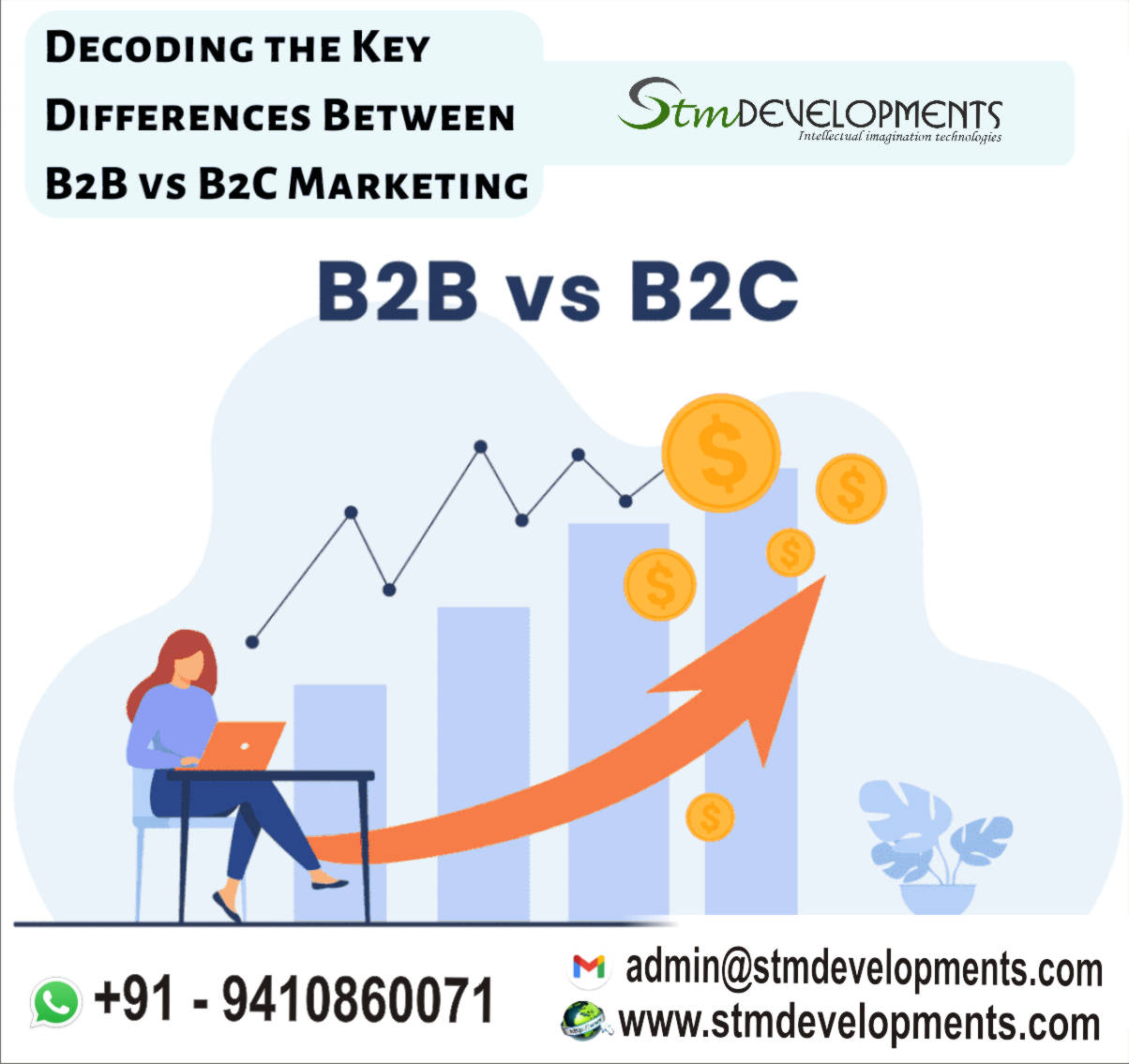We focus on quality backlinks over quantity. "𝗕𝗲𝘀𝘁 𝗗𝗶𝗴𝗶𝘁𝗮𝗹 𝗠𝗮𝗿𝗸𝗲𝘁𝗶𝗻𝗴 & Web Designing Company.
SEO, or Search Engine Optimization, is the practice of optimizing your website and its content to improve its visibility and ranking in search engine results pages (SERPs). Here are some key aspects of SEO:
Keyword Research: Identify the keywords and phrases that your target audience is searching for. Tools like Google Keyword Planner, SEMrush, or Ahrefs can help you find relevant keywords with search volume and competition data.
On-Page SEO: This involves optimizing individual web pages to rank higher and earn more relevant traffic in search engines. It includes optimizing title tags, meta descriptions, headings, URLs, and content for target keywords. Additionally, optimizing images with descriptive filenames and alt tags is important.
Content Quality: Create high-quality, relevant, and engaging content that provides value to your audience. Content should be well-written, informative, and address the needs and interests of your target audience. Regularly updating and adding fresh content can also improve your site's visibility.
Technical SEO: Ensure that your website is technically optimized for search engines. This includes improving website speed, mobile-friendliness, fixing broken links, optimizing site structure, implementing schema markup, and ensuring proper indexing and crawling by search engine bots.
Off-Page SEO: This involves activities outside of your website that impact your search engine rankings. Off-page SEO primarily focuses on building backlinks from authoritative and relevant websites, as well as social media signals and online mentions that help improve your site's authority and trustworthiness.
Local SEO: If you have a local business, optimizing for local search is crucial. This involves optimizing your Google My Business profile, getting listed in local directories, getting reviews from satisfied customers, and ensuring consistent NAP (Name, Address, Phone number) information across all online platforms.
User Experience (UX): Search engines increasingly prioritize websites that offer a good user experience. Ensure that your website is easy to navigate, loads quickly, and is mobile-friendly. Providing a seamless and enjoyable experience for visitors can improve your search engine rankings.
Analytics and Monitoring: Use tools like Google Analytics and Google Search Console to track your website's performance, monitor traffic, analyze user behavior, and identify areas for improvement. Regularly reviewing and adjusting your SEO strategy based on data and insights can help you optimize your website for better results.
By focusing on these aspects of SEO, you can improve your website's visibility, attract more organic traffic, and ultimately achieve your business goals. However, it's important to note that SEO is an ongoing process that requires continuous effort and adaptation to stay ahead of algorithm updates and changes in search engine behavior.





